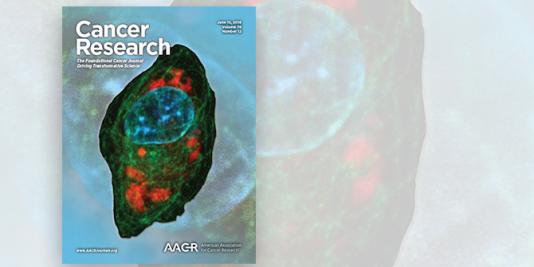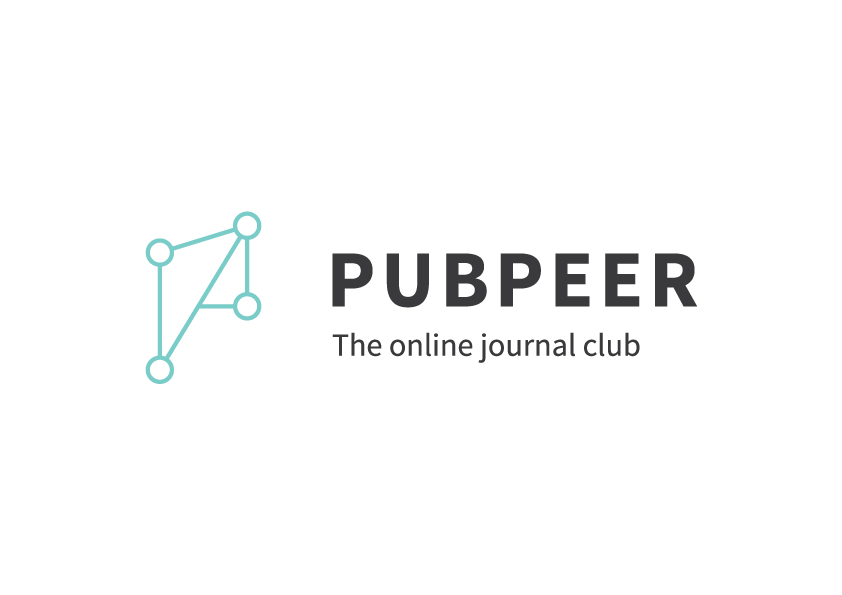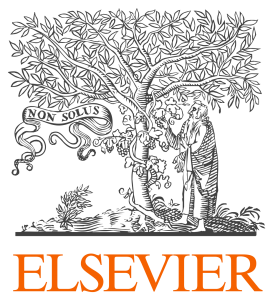 In September 2014, an investigation into the work of an award-winning cancer researcher in Illinois concluded that multiple papers had been affected by misconduct. Now, nearly four years later, two of those articles have been retracted.
In September 2014, an investigation into the work of an award-winning cancer researcher in Illinois concluded that multiple papers had been affected by misconduct. Now, nearly four years later, two of those articles have been retracted.
What happened in the intervening years reveals a complicated and at times bizarre story involving not only scientific misconduct, but accusations of mistreatment of lab members, gambling debts, and a failed lawsuit.
In 2014, the researcher, Jasti Rao, filed a lawsuit against his former employer, the University of Illinois College of Medicine at Peoria, which conducted the misconduct investigation, along with his two former supervisors, accusing them of discrimination and violation of due process.
The investigation focused on both research misconduct and alleged ethics infractions, including taking cash from employees. Court documents reveal that Rao admitted to gambling during work hours, and after he was late in paying debts — including one worth $75,000 — his credit was suspended by the Par-A-Dice Casino in Peoria.
 Before we present this week’s Weekend Reads, a question: Do you enjoy our weekly roundup? If so, we could really use your help. Would you consider a
Before we present this week’s Weekend Reads, a question: Do you enjoy our weekly roundup? If so, we could really use your help. Would you consider a 
 Not everyone is happy with journals these days — researchers in artificial intelligence have announced they were
Not everyone is happy with journals these days — researchers in artificial intelligence have announced they were 

 Over the objections of the authors, PLOS ONE has retracted a paper linking a diet designed to restore healthy gut bacteria to weight loss and other benefits.
Over the objections of the authors, PLOS ONE has retracted a paper linking a diet designed to restore healthy gut bacteria to weight loss and other benefits.